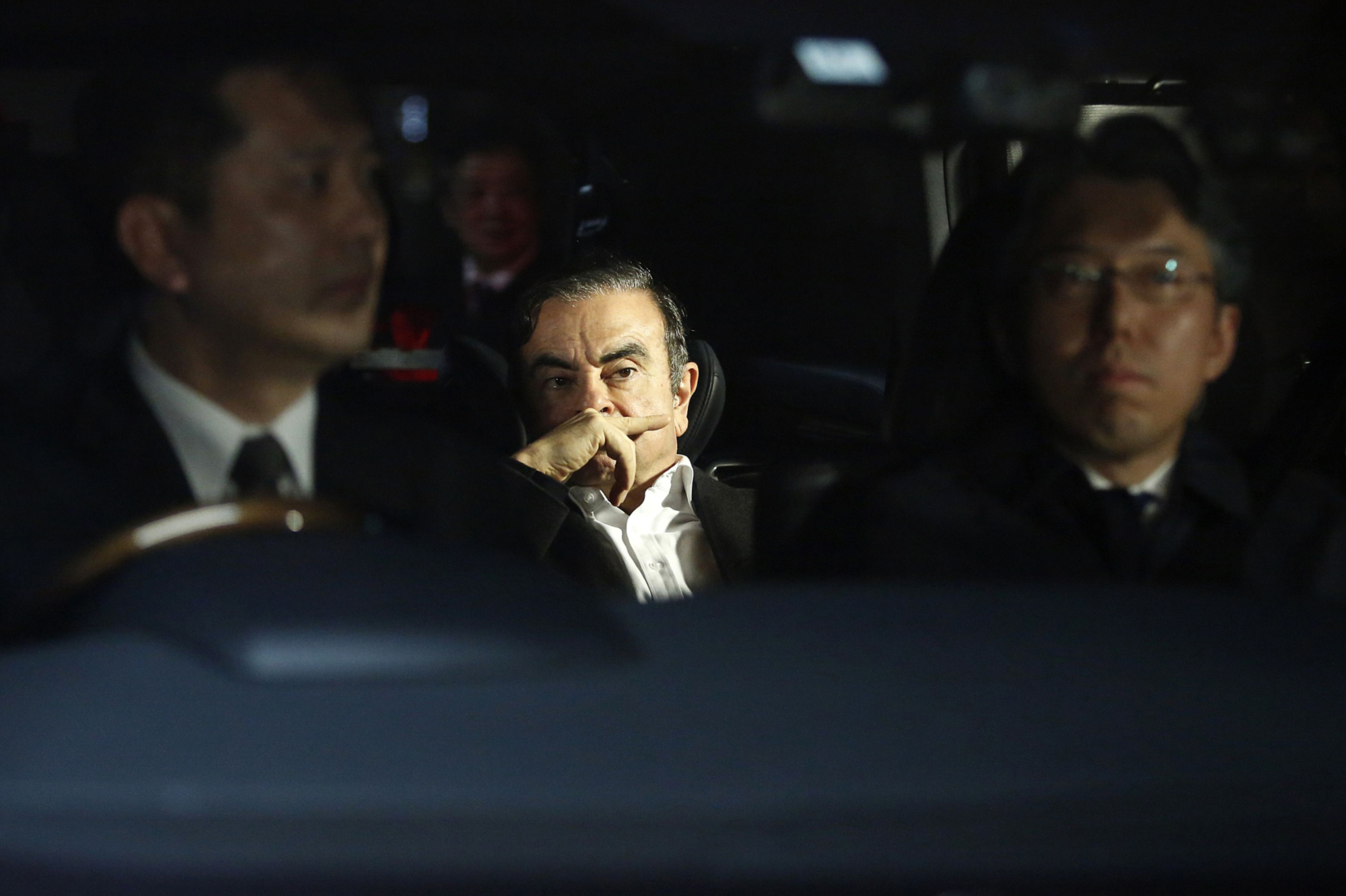If I had to identify one event in the Carlos Ghosn case indicative of concern for foreign perceptions of Japan's criminal justice system, it would be the decision to grant him bail. Since that has been demonstrated a terrible mistake, everyone in the Japanese government will likely double down on ignoring criticism from abroad as far as the justice system is concerned. This is a shame because some of the critiques might merit attention.
In humiliating his highly respected legal team by skipping bail, Ghosn may have even accomplished the impressive feat of alienating the Japanese defense bar, usually avid consumers of foreign criticism of the system they labor within. Or perhaps not: Takashi Takano, one of his lawyers, recounted in a Jan. 4 blog post that he told his client that defendants could not expect a fair trial in Japan. He also admitted to, at one point, feeling despair over the Japanese criminal justice system, perceiving in it something close to a "homicidal" intent. Takano was betrayed, he wrote, but not by Ghosn.
It is common to cite Japan's 99.9 percent conviction rate as self-evident that something is wrong with its justice system. Yet when compared to other countries the difference is not so stark: Canada boasts a 97 percent conviction rate (99 percent if you remove Quebec), and U.S. state and federal courts achieve similar levels of certainty. Ghosn was subject to harsh detention conditions in Japan, but jails are unpleasant everywhere else in the world, and most people in them can't afford to post — let alone forfeit — $14 million in bail.

















With your current subscription plan you can comment on stories. However, before writing your first comment, please create a display name in the Profile section of your subscriber account page.